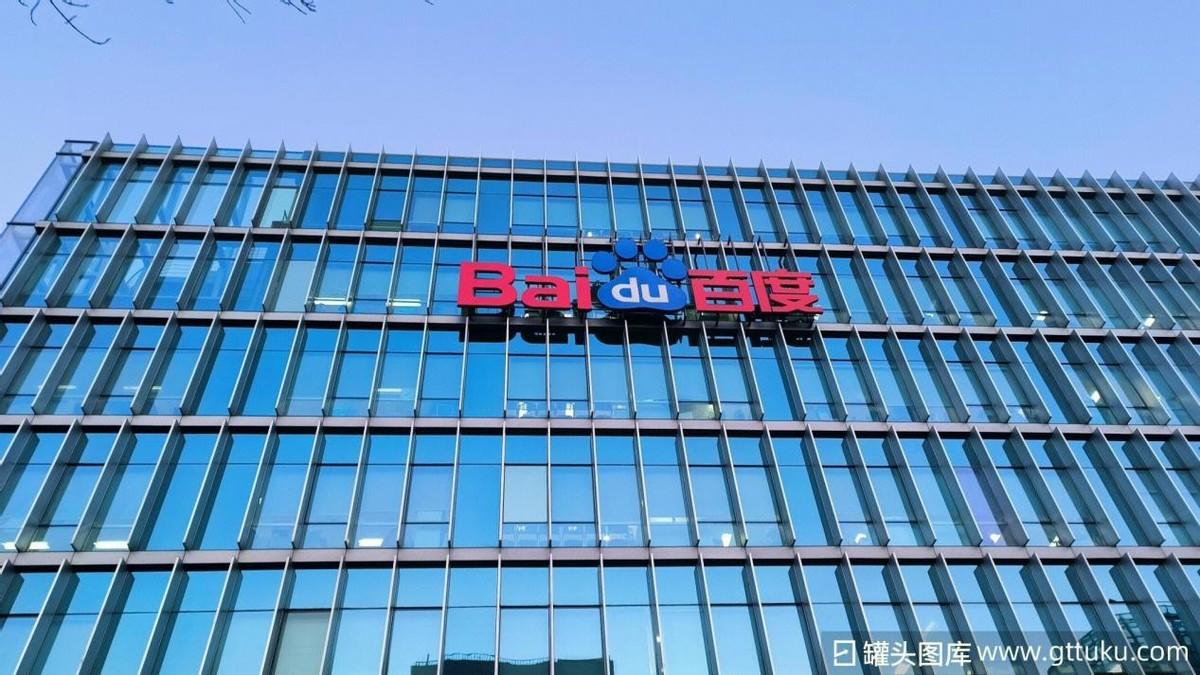AI search, becoming the new battlefield?
![]() 10/25 2024
10/25 2024
![]() 598
598
After AI, are companies eyeing AI search? Recently, the launch of Kimi Explorer Edition by Moon's Dark Side has reignited competition in the search engine space, which has been evolving for years. Meanwhile, the entry of multiple companies raises the question: will AI search replace traditional search engines?
1. Is the search engine space reigniting competition?
What is AI search? Simply put, it's a search engine based on artificial intelligence technology. Compared to traditional search engines, AI search offers faster search speeds and greater search capacity. Take Kimi Explorer Edition launched by Moon's Dark Side as an example; the official introduction states that its search capacity is 10 times that of the regular version, enabling in-depth reading of over 500 pages with a single search. When a user poses a question, Kimi Explorer Edition breaks it down into smaller queries, conducts exhaustive searches, and selects the most relevant answers. This process significantly saves users time in searching and filtering results.

Image source: Weibo screenshot
As an emerging tech innovator attracting significant attention, Moon's Dark Side's Kimi Explorer Edition garnered attention upon its launch. However, it's worth noting that Moon's Dark Side is not the first company to enter the AI search space. Recently, Baidu renamed its Wenxin One to "Wen Xiaoyan," positioning it as a new search AI assistant; 360 launched 360 AI Search; Sogou introduced AI search functionality; and Quark upgraded its "Super Search Box" to offer a one-stop AI service centered on AI search.

Image source: Weibo screenshot
Apart from large companies, startups are also making moves. OpenAI released SearchGPT; MetaTech's MetaAI focuses on "no ads, straight to results"; and MainFunc launched Genspark. Unlike the highly concentrated traditional search engine space, the AI search space is thriving with diverse offerings. So, why are these companies optimistic about AI search?
With the development of AI, many people's search habits are changing. Today, people rely on location-based services like Gaode Maps and Baidu Maps for navigation; food delivery and lifestyle platforms like Meituan and Dianping for dining; social media like Douyin and WeChat for news and updates; and even Xiaohongshu for life skills and travel tips. Consequently, some users are "abandoning" traditional search engines.
Global research and consulting firm Gartner predicts that by 2026, traditional search engine traffic may decline by 25%, posing significant pressure on domestic search engine giants. Taking Baidu as an example, online marketing revenue is one of its primary sources of income, but its growth in this area has been declining in recent years. In terms of market share, while Baidu still holds the largest share, it has dropped from over 80% in 2021 to less than 60% today.

Image source: Canned Stock Photo
For startups, AI search represents an opportunity. As AI search is still in its infancy, both startups and large companies are essentially starting from the same line. This means that startups entering this space have the potential to outperform established players that have dominated the internet for years in the vertical AI search market.
Compared to traditional search engines, AI search does offer some advantages. But will it replace traditional search engines?
AI search excels at quickly finding the most relevant answers for users, but this advantage is relative. Some users who have tried various AI search apps have found that the accuracy of AI search results is not always high, with some apps even providing answers unrelated to the keywords. In other words, users still need to manually sift through AI search results to find the information they need. Additionally, in terms of response time, current AI search is not fast enough. While this is due to AI search processing more information than traditional search engines, response speed is crucial for users. Therefore, some argue that AI search cannot yet replace traditional search engines.

Image source: Canned Stock Photo
Moreover, for AI search to become a part of people's daily lives, commercialization is key. One of the primary revenue sources for traditional search engines is advertising, with some even resorting to ad bidding to influence rankings. However, considering accuracy and user experience, ad bidding seems unsuitable for AI search. In response, some foreign AI search engines have introduced subscription-based services, where users pay monthly or annually for access. But given that domestic users are accustomed to free search engines, the acceptance of subscription-based services remains uncertain. On the other hand, developing and operating AI search software often incurs high costs, raising questions about whether subscription revenue can cover these costs and generate profits.
Currently, while AI search has advanced compared to traditional search engines, it still faces challenges. For AI search to become a viable business, companies need more advanced technology and a mature business model. Do you use AI search regularly? What's your experience like? Share your thoughts in the comments below.








